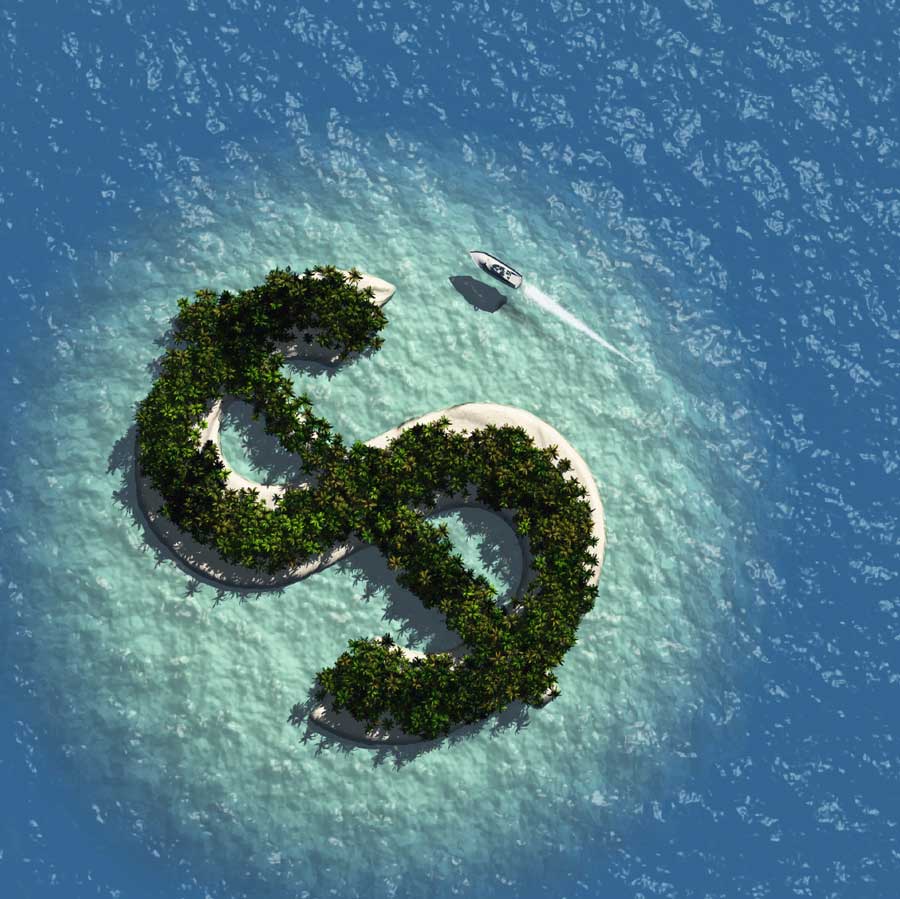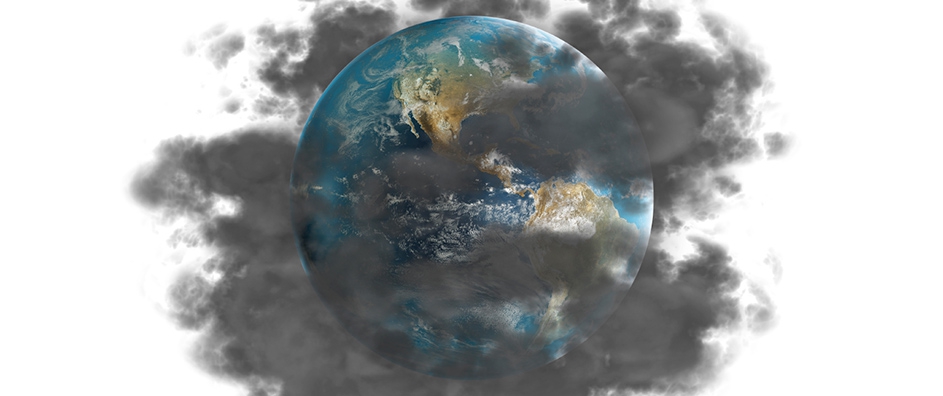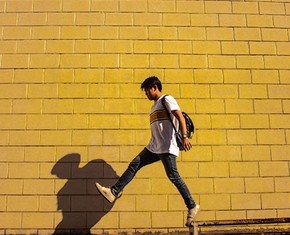The views expressed in our content reflect individual perspectives and do not represent the authoritative views of the Baha'i Faith.
In these days truthfulness and sincerity are sorely afflicted in the clutches of falsehood, and justice is tormented by the scourge of injustice. The smoke of corruption hath enveloped the whole world… We beseech God, the True One, to strengthen the wielders of His power in that which will rehabilitate the world and bring tranquillity to the nations. – Baha’u’llah, Tablets of Baha’u’llah, p. 39.
The massive leak of the Mossack/Fonseca documents known as The Panama Papers reveals a previously hidden smokescreen of tax evasion, money laundering and corruption among the world’s wealthy.
The first question most people ask when they hear about this widespread practice: how much?
Of course, because the global practice of hiding financial assets and avoiding taxes is secretive by nature, no one really knows. Many respected experts and institutions have made educated estimates, though—so let’s take a look and see if we can roughly define the scope of the problem.
On the low end of many different estimates, seventeen years ago the International Monetary Fund (IMF) calculated that so-called “cross-border assets” hidden in tax havens reached a level of $4.6 trillion at the end of June 1999—approximately 5% of global wealth.
 The UC Berkeley professor and economist Gabriel Zucman estimated in his 2015 book The Hidden Wealth of Nations, that more than $7.5 trillion currently hides in offshore tax havens. Zucman’s conservative estimate, which constitutes eight percent of the world’s financial wealth, falls somewhere in the middle of most projections.
The UC Berkeley professor and economist Gabriel Zucman estimated in his 2015 book The Hidden Wealth of Nations, that more than $7.5 trillion currently hides in offshore tax havens. Zucman’s conservative estimate, which constitutes eight percent of the world’s financial wealth, falls somewhere in the middle of most projections.
On the higher end, a 2012 Tax Justice Network report, compiled by James Henry, the former chief economist at consultants McKinsey & Company, estimates that between $21 trillion and $32 trillion is currently sheltered from taxes in unreported banking havens worldwide.
Just to get a sense of the scale of these figures, the entire federal budget for the United States totaled $3.8 trillion in 2015; and the Gross Domestic Product (GDP) of England is $2 trillion. The Gross World Product (GWP) for the entire world was $78 trillion in 2014.
So we know that a very sizeable part of the world’s wealth is hidden, legally or illegally, in tax havens. The Panama Papers, for the first time, prove it—and even detail how it’s done.
Wait, though—isn’t BahaiTeachings.org a spiritual website? Why should a Baha’i site like this one care about hidden wealth, tax dodging and corruption? Here’s why:
Divine justice requires the observation of mutual rights, and the divine precept commands the safeguarding of mutual justice.
…government is a secure fortress. The trustworthy shelter of rulership should be an impregnable sanctuary and an exalted asylum for the rights of the subjects. It must expend every effort in protecting and safeguarding the innocent, and must give all its attention to securing the honor and happiness of its dependents and subjects. For the subject is a divine repository, and the poor are the trust of the Lord of Oneness.
In the same way, subjects are obliged to obey and show forth truthfulness. They must perform the duties of servanthood and be sincere in their service. Good intentions and gratitude are requisite, such that they pay their taxes with entire thankfulness and bear annual imposts with complete approbation. In order to further exalt the station of the monarchs, augment the power of the government, and increase the glory of the throne of rulership, they must sacrifice their property and their lives. For the benefit of these transactions, and the fruit of this obedience, accrues to the subjects in their entirety, such that all share and participate in this great good fortune and this noble station. Rights are mutual, and affairs require justice from all parties involved, and all are under the protection of the just Lord. – Abdu’l-Baha, provisional translation, Treatise on Politics.
Try to imagine, if you will, all the good this hidden global wealth could do for billions of hungry, impoverished and disadvantaged people. Consider its ability to stabilize, recapitalize and revitalize poor debtor nations. In your mind, conceptualize a system where everyone shares fairly in the production of wealth—because everyone pays their taxes. Envision a united world with a uniform legal system, where no country allows its bankers or its wealthy class to hide wealth from legitimate taxation. Picture a planet that agrees to enforce financial transparency, accountability and the rule of law—globally.
From a Baha’i perspective, that vision of fairness and justice is not a dream—instead, humanity is inevitably moving toward its realization:
Some form of a world super-state must needs be evolved, in whose favor all the nations of the world will have willingly ceded every claim to make war, certain rights to impose taxation and all rights to maintain armaments, except for purposes of maintaining internal order within their respective dominions. – Shoghi Effendi, The World Order of Baha’u’llah, p. 40.
“…[C]ertain rights to impose taxation…,” the Guardian of the Baha’i Faith wrote in the 1930s, alluding to one of the three major global powers embodied in a future “world super-state.” That global government would stop war, control the production and distribution of armaments, and make taxation fair and equitable for everyone. In such a united global system, no one could hide their wealth or shelter it from taxation. No tax havens could continue to exist. Corporations and individuals, no matter where they lived or were headquartered, would pay the same tax rate, and have a level playing field.
How could that function? What might be the role of a world super-state when it comes to taxation? Is that why some people fear a global government—because they believe it will tax them more heavily? How might a united, international federal system work for the world’s benefit?
Please follow along in this series of essays to learn what the Baha’i teachings have to say about these progressive, penetrating questions.
Next: How to Get Corporations to Pay Their Taxes
You May Also Like
Comments

















In the earlier article, In Every Day of Every Week, Creating Channels of Grace, we are promised that humans, by the Grace of God, will be much better. I believe that, because it's the purpose of the Creator by revealing religions.